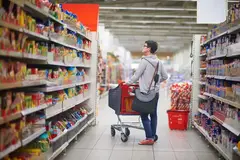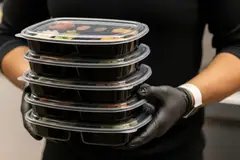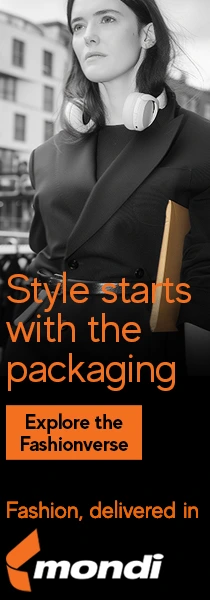Mondi e-commerce report: Gen Z demands “unboxing experience” and smart engineering
Mondi has launched its sixth annual e-commerce trend report, “Sustainability and its impact on packaging and online shopping choices,” in partnership with RetailX Intelligence. The survey, conducted in Czechia, France, Germany, Poland, Sweden, and Türkiye, reveals that 71% of consumers now shop online at least once a month, up from 56% last year.
The trend report states that 90% of respondents prefer brands that use recyclable, e-commerce packaging that is the correct size for the product. However, only 50% trust brands’ sustainability claims, “underscoring the need for transparency.”
The report also points to a “generational tug-of-war” in how the “unboxing experience” is perceived, with Gen Z deeming it important unlike older generations. Gen Z is also most likely to value packaging sustainability as “non-negotiable,” although this is trending across generations.
“This year, sustainability has firmly established itself as a non-negotiable standard rather than an aspirational goal, sending a clear signal — sustainability, transparency, and functionality are no longer merely desired, they are demanded,” says Armand Schoonbrood, COO at Mondi.
Seven in ten consumers expect “almost all” parcels to be biodegradable or recyclable in the next five years, and 90% feel more positively about a brand when it uses recyclable packaging.
Meanwhile, consumers perceive product protection as the most vital feature of e-commerce packaging, with 95% identifying it as important.
Packaging Insights attended the report launch. At the event, Ian Jindal, CEO of RetailX and an expert in e-commerce and multichannel retail, tells us that brands can balance consumer demand for an unique unboxing experience, product protection with the growing demand for recyclability through “engineering and more engineering.”
The importance of innovation
Seventy-one percent of survey respondents regularly shop online (daily, weekly, or at least once a month), up from 56% in last year’s report. Jindal emphasizes the importance of e-commerce packaging to be“minimal, thoughtful, protective, recyclable, and efficient,” to meet growing demand.
 Seven in ten consumers expect “almost all” parcels to be biodegradable or recyclable in the next five years.Consumers are most likely to buy online more than once a month (42%). German and Swedish consumers most likely to shop online “regularly,” whileTurkish consumers shop
Seven in ten consumers expect “almost all” parcels to be biodegradable or recyclable in the next five years.Consumers are most likely to buy online more than once a month (42%). German and Swedish consumers most likely to shop online “regularly,” whileTurkish consumers shop
more frequently and are the most likely to buy online daily (8%) and weekly (40%).
Jindal says that companies can grab and satisfy consumers by using packaging to show that they are “serious engineers who know what they’re doing, who care about the consumer and about saving the planet.”
“You can have an unboxing experience that is appropriate to the product and protective, and that shows a level of clever engineering,” he explains.
“If you are a retailer and know your product sector, then you can copy what other people are doing; you can go to the manufacturer and say, ‘Can I have those as well?’ If you’re a generic retailer, you need to talk to your customers and to your suppliers to make sure that on a product basis, on an order basis, and on a delivery mechanism basis, you’re taking the right packaging to make the best combination given the cost of that route to the customer.”
Jindal says that balancing the consumers e-commerce packaging expectations is not difficult for packagers to achieve, as long as they have capable partners and the consumer data that allows them to make changes to their products according to trends.
“We have to pick our battles in between and work with the right people and get there. But always keep an eye on what the best competitors are doing and where you see a good idea, grab it, work out who did it, and use it yourself.”












